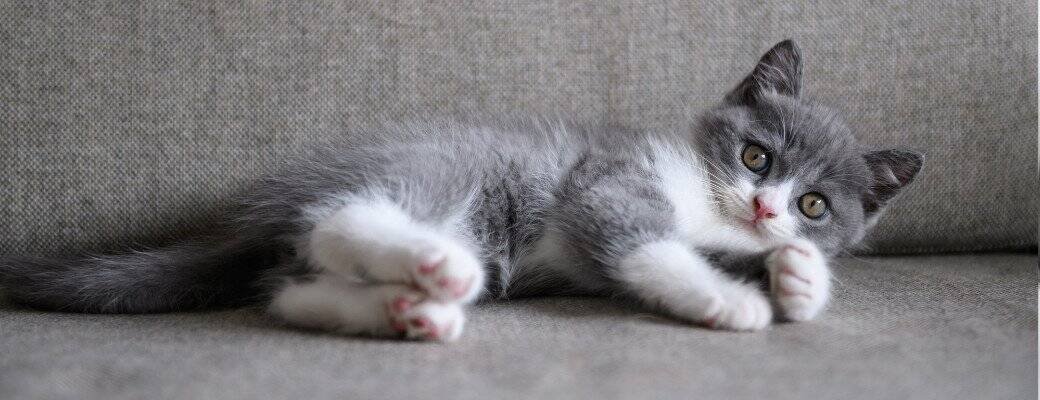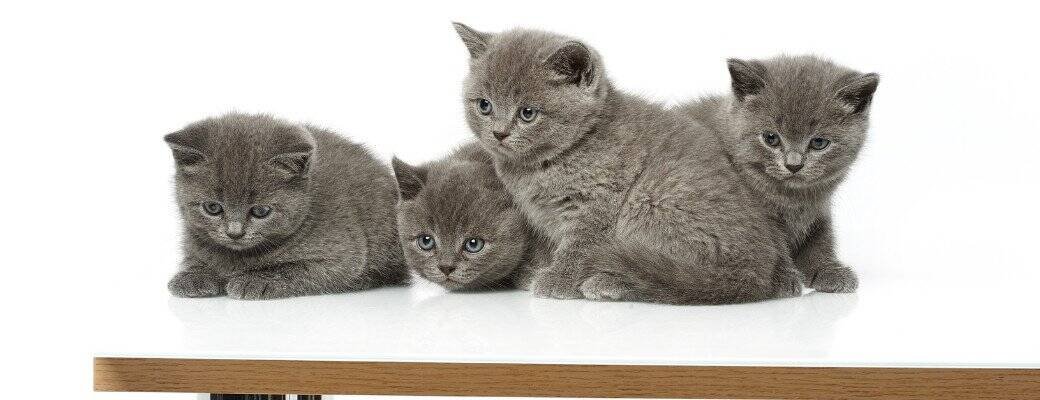When it comes to choosing a British Shorthair, the breeder you select plays an important role in ensuring you get a healthy, well-socialised kitten with a solid foundation for life. After all, the health and temperament of your new cat start long before you bring them home.
As a breeder and GCCF judge with years of experience working with British Shorthairs, I’ve seen first-hand the differences between responsible breeders and those who cut corners. Choosing a good breeder can mean the difference between a healthy, happy British Shorthair and one with health problems, temperament issues, or behavioural struggles.
In this article, I’ll share tips on how to choose the right British Shorthair breeder in the UK, the red flags to watch out for, and the questions you should ask before bringing a kitten into your home.


Red Flags to Look Out for When Choosing a British Shorthair Breeder
When looking for a British Shorthair breeder, you want to be cautious and thorough. Here are some key red flags that should make you pause before committing to a breeder:
1. No Health Testing or Documentation
A responsible breeder will always provide health testing for hereditary conditions commonly seen in the British Shorthair breed, such as:
Hypertrophic Cardiomyopathy (HCM): A heart condition that can be present in British Shorthairs.
Hip Dysplasia: A skeletal issue that can affect movement.
The breeder should be able to provide written health certificates for both the kitten’s parents, showing that they’ve been tested for these and other relevant conditions.
If the breeder can’t provide this documentation or seems vague when asked about health testing, it’s a major red flag.
2. No Questions or Interest in You as a Buyer
A good breeder wants to ensure their kittens go to loving, suitable homes. If the breeder is only interested in making a sale and doesn’t ask you about your home environment, work schedule, or experience with cats, this is a concern.
A responsible breeder will ask about:
Your living situation (Is it a pet-friendly home? Do you have children or other pets?)
Your experience with cats and pets in general
Your plans for the kitten (Will they be a pet, show cat, or breeding cat?)
This is an important step in matching the right kitten with the right family. If the breeder seems uninterested in these details, proceed with caution.
3. Breeding Multiple Litters at Once
While some breeders may have multiple litters on the go, it’s important to ensure they are doing so responsibly. A breeder who is overextending themselves by having too many litters may not be giving each kitten the attention and care they deserve.
Ask the breeder about their breeding schedule and the number of litters they’re managing. If it seems like they’re breeding too many cats, or if they can’t provide a clear explanation for their practices, this could be a red flag.
4. No Socialisation or Early Interaction with the Kittens
Kittens need to be well-socialised from a young age in order to grow into friendly, well-adjusted adults. A responsible breeder will ensure their kittens are raised in a stimulating environment where they are exposed to people, children, and other pets (if appropriate).
Ask about how the kittens are raised. If the breeder isn’t interacting with them regularly or exposing them to a variety of situations, this can lead to fearful or shy adult cats.


Green Lights: What to Look for in a Reputable British Shorthair Breeder
Now that we’ve covered the red flags, let’s talk about the green lights—the signs of a responsible, ethical breeder who puts the health and wellbeing of their cats first.
1. Registered with a Reputable Cat Registry
A reputable breeder will be registered with a recognised cat registry, such as the GCCF (Governing Council of the Cat Fancy), TICA (The International Cat Association), or the FIFe. This ensures the breeder is following ethical breeding practices and adhering to the standards set for the breed.
Ask to see their registration details and confirm that the kittens are properly registered, too.
2. Health Guarantees and Full Disclosure of Health History
A responsible breeder will be upfront about any potential health concerns in their breeding lines. They will provide full health disclosures and guarantees, and they will be clear about the risks associated with breeding British Shorthairs.
If a breeder provides a health guarantee and offers to take the kitten back if any serious health problems arise, this is a good sign that they are committed to the wellbeing of their cats.
3. Clean, Safe, and Stimulating Environment
The kittens and adult cats should be raised in a clean, safe, and comfortable environment. A good breeder will ensure the kittens are raised in a stimulating and enriching space, with plenty of social interaction, toys, and things to explore.
When you visit the breeder, take note of:
The cleanliness of the living space
The condition of the kittens and their parents
How the kittens interact with the breeder (Are they calm, confident, and curious?)
4. Open Communication and Willingness to Answer Your Questions
A good breeder will be happy to answer all your questions and provide advice on raising a British Shorthair. They’ll be willing to talk about the breed, health concerns, diet, and socialisation needs, and they should encourage ongoing communication after the kitten goes home.
If the breeder is friendly, transparent, and patient, you’re more likely to be dealing with someone who cares deeply about the breed and the kittens they’re raising.
Questions to Ask a British Shorthair Breeder
When speaking with a British Shorthair breeder, here are some important questions to ask:
Can I see the health testing results for the kitten’s parents?
How do you socialise your kittens? Are they exposed to children and other pets?
How many litters do you typically have per year?
What type of food do you feed your kittens, and what do you recommend for the first few months?
Do you offer any health guarantees or support if any issues arise after the sale?
Can you provide references or testimonials from previous kitten buyers?


FAQs About Choosing a British Shorthair Breeder
Look for breeders who are registered with recognised cat associations like the GCCF and who can provide clear health testing and a safe, clean environment for their kittens.
Unregistered breeders may not follow ethical breeding practices, and their cats may not be health-tested. This could lead to serious health problems down the line.
An ethical breeder will be transparent, answer your questions, show proper health testing, and prioritise the welfare of their cats. They will also welcome a visit to their breeding environment.
Prices can range from £700 to £1,500, depending on the breeder, the kitten’s pedigree, and the region.
Yes, a responsible breeder will allow you to meet the kitten’s parents to see their temperament and health, and to give you peace of mind about the environment they were raised in.
Final Thoughts
Choosing the right British Shorthair breeder is essential for ensuring you bring home a healthy, happy kitten. By asking the right questions, paying attention to red flags, and choosing a breeder who prioritises the wellbeing of their cats, you’ll set yourself up for success and help ensure that your new British Shorthair will grow into the loyal, loving companion you expect.
Rosie came to me from a reputable breeder who prioritised health, socialisation, and ethical breeding practices. It’s thanks to their dedication that she’s the confident, healthy cat she is today. When you choose the right breeder, you set the stage for a lifetime of happiness with your British Shorthair.
